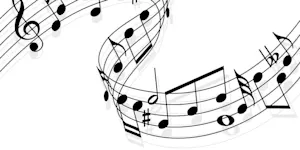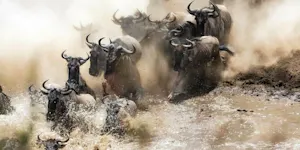What Makes This Word Tick
Ah, "dragoon"! Not just a name for a fancy soldier from long ago, but an action-packed verb today. Traditionally, dragoons were cavalrymen, riding into battle with panache. Now, to dragoon someone means to coerce them into doing something, not quite as gallant as charging on horseback, but with its own forceful charm.
If Dragoon Were a Person…
Dragoon would be that no-nonsense uncle who insists you volunteer at the annual block party, whether you want to or not. He’s got a commanding presence, perhaps a twinkle in his eye, and while he means well, you just know he'll make sure you eventually join in.
How This Word Has Changed Over Time
Originally, a dragoon was a mounted infantryman back in the 16th century. The romantic image of a saber-brandishing soldier gives way over time to something more stubbornly persuasive. By the 18th century, the word takes on a verbal twist, losing the horse but keeping the force, now meaning to coerce or compel.
Old Sayings and Proverbs That Use Dragoon
Proverbs haven't exactly mounted their steeds on this one, but in spirit, "He who rides a horse is his own man" captures the original essence. Dragoons commanded respect and autonomy, quite fitting given their equestrian roots.
Surprising Facts About Dragoon
Did you know that the original dragoons were named after a type of musket they carried? The "dragon," aptly named for the fire and smoke it belched, made these soldiers quite formidable! Over time, the dragon of the firearm faded from memory, leaving the dragoon to wield metaphorical power instead.
Out and About With This Word
In today's world, you might find "dragoon" used in a satirical political article or a witty social commentary. Its military past gives it a dramatic flair when describing scenarios where someone feels compelled against their will, be it attending a tedious meeting or doing chores.
Pop Culture Moments Where Dragoon Was Used
While "dragoon" might not headline blockbuster movies, it's found a niche in historical novels and strategy games, where military might and cunning bribery play out. In these creative realms, the word takes its place alongside knights and musketeers.
The Word in Literature
In the realm of books, "dragoon" might gallop across the pages of a historical romance or a Napoleonic epic. It's the perfect word when authors want to add a mix of regality, authority, and a dash of coercion – think Tolstoy or Thackeray.
Moments in History with Dragoon
Imagine the Napoleonic Wars: a time when dragoons, those savvy mounted soldiers, were called upon not just for battle but for maintaining order. In this chaotic era, these troops mirrored the transition of the word toward persuasion and control beyond their equestrian prowess.
This Word Around the World
In France, the "dragoon" might translate to "dragon," connecting back to the fiery muskets. Across cultures, the essence is one of strength, authority, and sometimes, rather heavy-handed persuasion—a universal concept indeed!
Where Does It Come From?
The term “dragoon” traces its lineage to the French word for the ferocious, fire-breathing animal, the "dragon," underscoring the fearsome nature of these soldiers. Contemplate this fierce origin next time you hear it used to nudge someone into pitching in.
How People Misuse This Word
People sometimes use "dragoon" when they simply mean persuade, losing its uniquely forceful edge. It’s about coercion, not just a nudge! So, next time, make sure the effort is a tad more forceful.
Words It’s Often Confused With
Dragon: While closely related, dragons breathe fire rather than coerce participation.
Cavalry: Dragoons are part of this group, but imagine them with a particular penchant for getting things done... with persuasion.
Bulldoze: Both imply force, but bulldoze refers more to physical destruction than persuasion.
Additional Synonyms and Antonyms
Synonyms include coerce, compel, and force – all implying a push rather than a gentle nudge. For antonyms, consider invite, which is much kinder and involves less arm-twisting!
Want to Try It Out in a Sentence?
"Despite her protests, Ella's friends managed to dragoon her into organizing the neighborhood garage sale using promises of coffee and donuts."
















